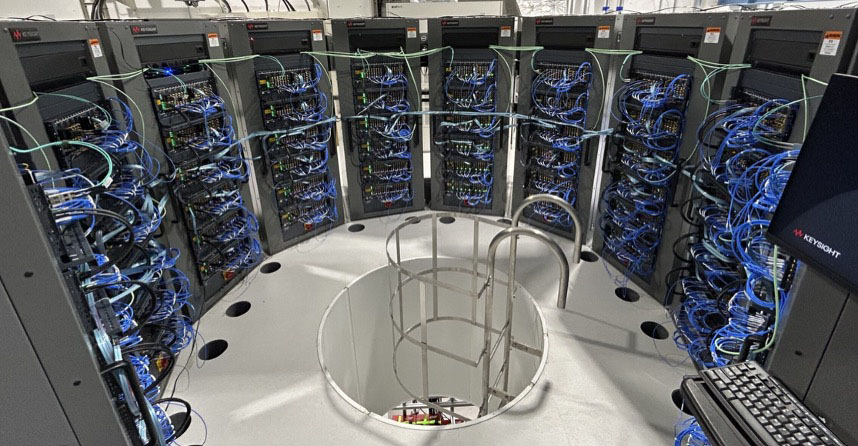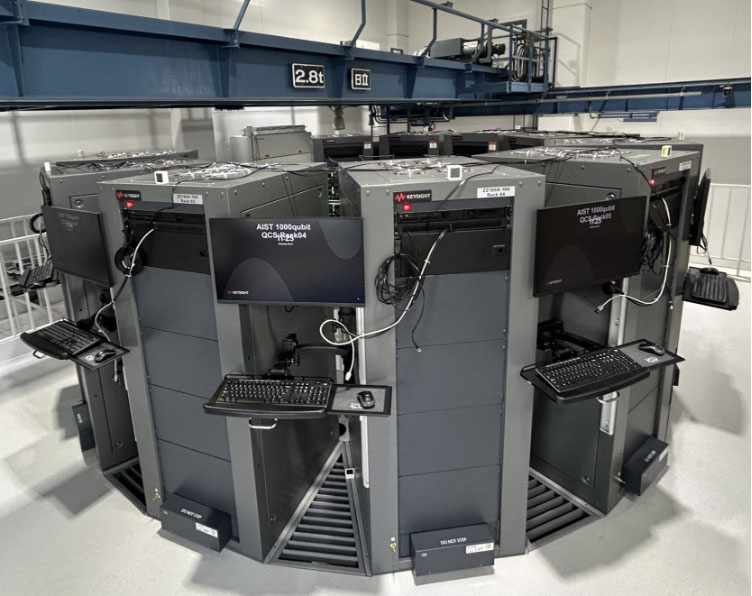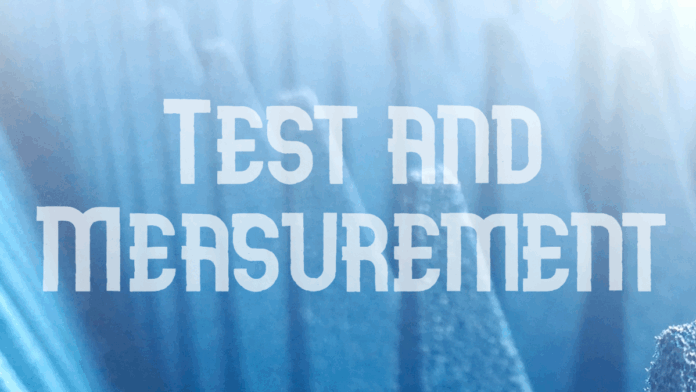Keysight delivers major quantum control system to Japan’s
Keysight Technologies has delivered the first commercial quantum control system capable of controlling more than 1,000 superconducting qubits — the largest control system of its type in the world, according to the company.
The commercial quantum control system (QCS) went to the National Institute of Advanced Industrial Science and Technology (AIST) in Japan. That control system is now part of a quantum evaluation testbed at the Global Research and Development Center for Business by Quantum-AI Technology, G-QuAT, which will “push the limits of what is possible with quantum computing in terms of both scale and performance,” according to the test company.

“Control systems serve a vital role in quantum computing, acting as the bidirectional bridge between the classical and quantum worlds,” said Dr. Eric Holland, GM of Keysight Quantum Engineer Solutions.
“As quantum computers grow in size, complexity, and performance, requirements for the control system become much more stringent. Any gap in the control system performance can compromise the capabilities of the quantum computer,” Keysight explained in a release. Developing the quantum control system involved ensuring that “rigorous requirements on noise, time alignment, and phase coherence” can be maintained across the system.

“The 1,000-qubit control system developed here is a groundbreaking device, the world’s first and largest of its kind, realized through Keysight’s exceptional engineering capabilities in response to our advanced technical requirements,” said Dr. Masahiro Horibe, Deputy Director of G-QuAT at AIST.
He added: “The advancement of quantum technology requires not only theoretical progress, but also sophisticated engineering to support it. This system has enabled the precise synchronization, control, and readout of complex multi-channel signals, making large-scale qubit operations possible. It is a clear demonstration that engineering is paving the way for the future of quantum technology. We express our deep respect for Keysight’s development capabilities and look forward with great anticipation to further technological innovations.”
Holland said that a 1,000-qubit quantum computer is “a key step toward realizing quantum advantage for practical business applications.”
In other test news:
–Anritsu had a slew of announcements this week, including that its flagship Radio Communication Test Station MT8000A for 5G devices now supports testing of 5G NTN connections; and that its eCall Tester MX703330E was certified by Cetecom Advanced as a Public Safety Answering Point (PSAP) simulator for next-generation eCall vehicle approval testing.
The company also inked a distribution agreement for its test and measurement solutions with a U.S. subsidiary of Japanese company Nihon Denkei Co., with an eye to strengthening Anritsu’s position in the automotive, semiconductor, and manufacturing sectors in the U.S, particularly among companies that are headquartered in Japan but have operations in the United States.
Keith Even, GM of national sales at Anritsu, said that the partnership with Denkei Americas would help Anritsu “expand our reach and better serve key automotive and industrial accounts. Their experience with precision instrumentation and strong ties to Japanese OEMs make them an ideal partner for accelerating our U.S. growth.”
-The National Institute of Standards and Technology (NIST) is working on an update to guidelines on software security, aiming to outline best practices for software that is “secure against cyber breaches and free of malicious code.” A draft has just been released for public comment, which can be found here.
“The draft guidelines we are developing will show how organizations can use commercial, off-the-shelf technologies and AI capabilities and apply zero trust principles and methodologies to create an efficient and secure development environment for producing fast and more reliable software,” said Alper Kerman, one of the publication’s authors and part of NIST’s National Cybersecurity Center of Excellence (NCCoE), which is leading the work along with 14 industry partners.

